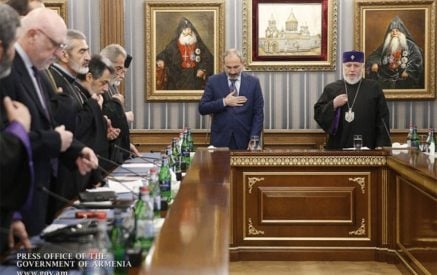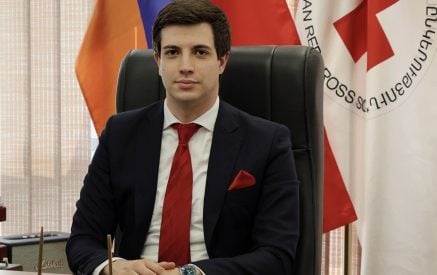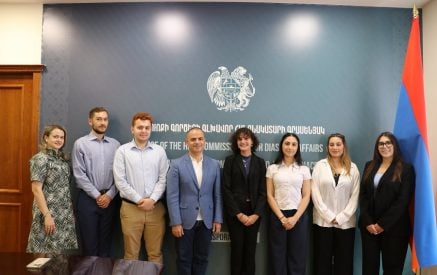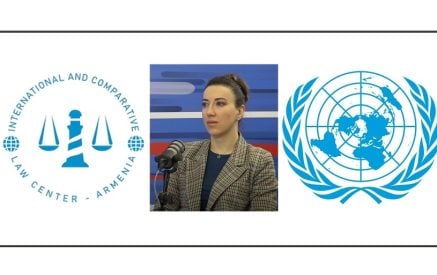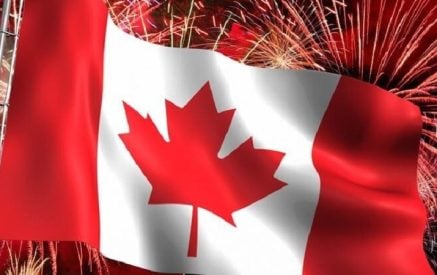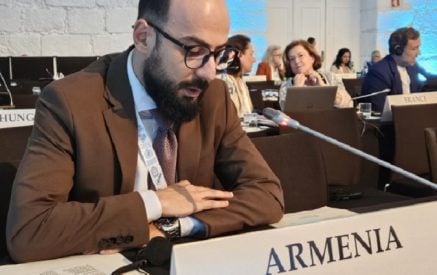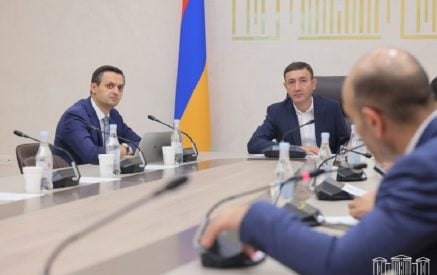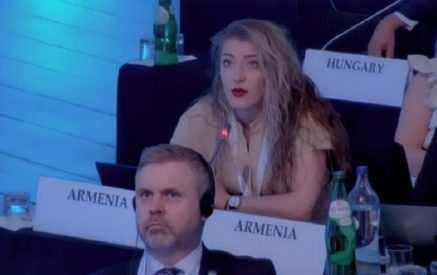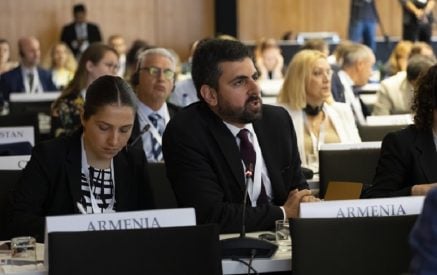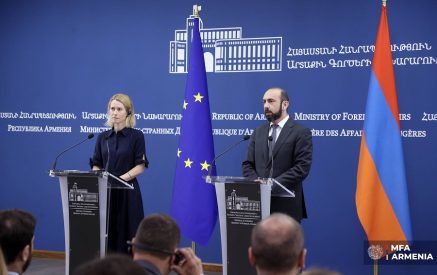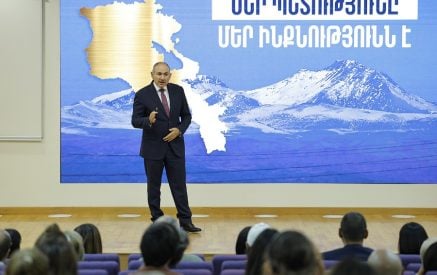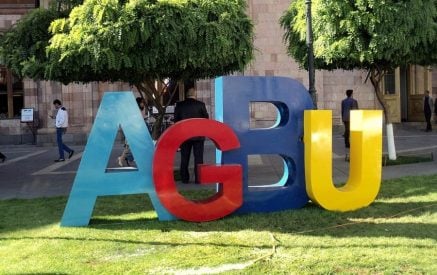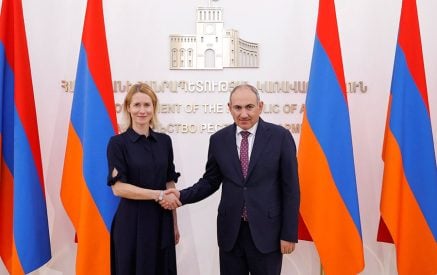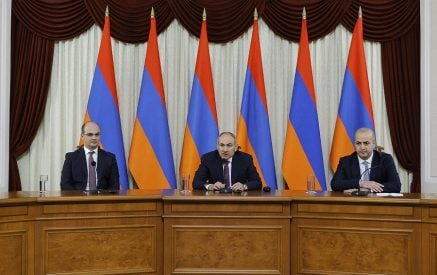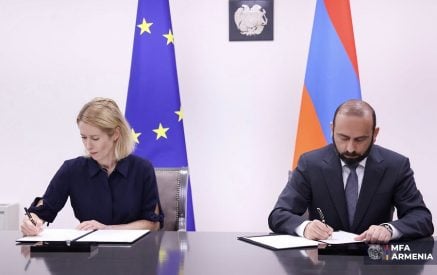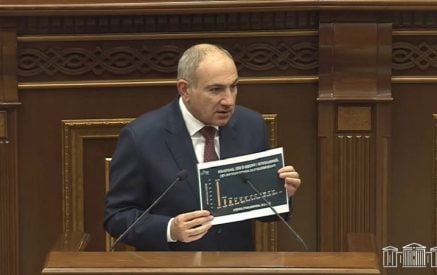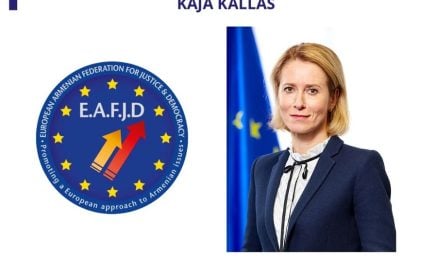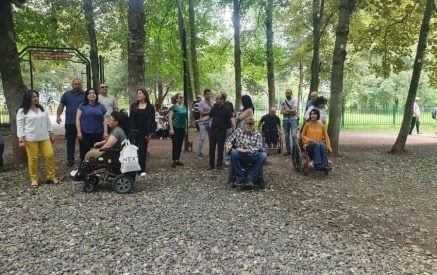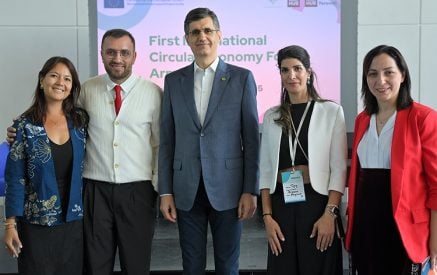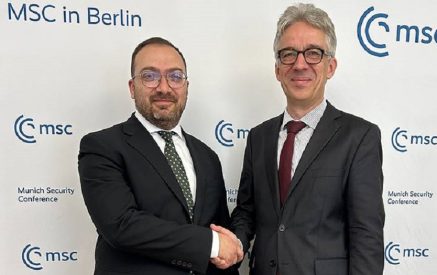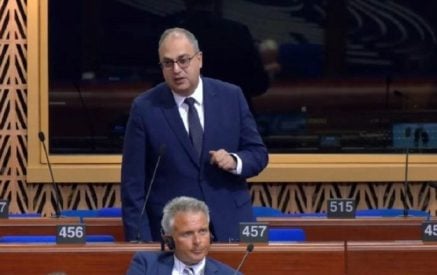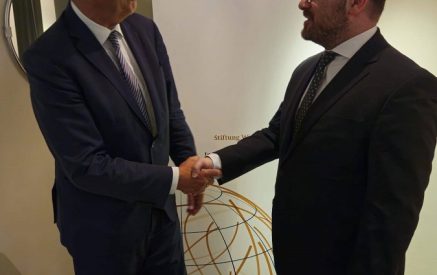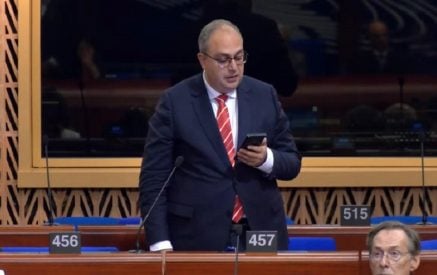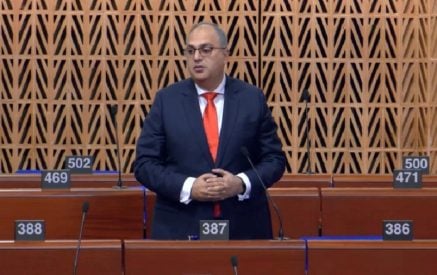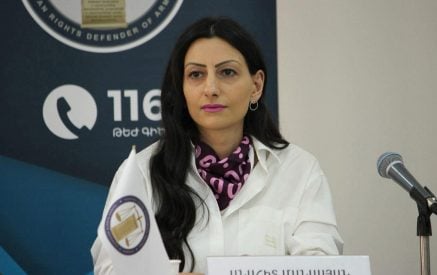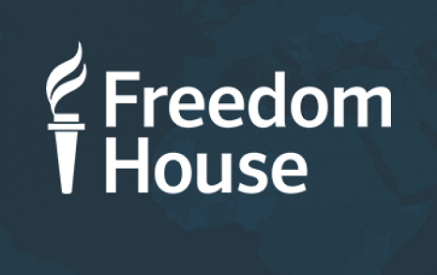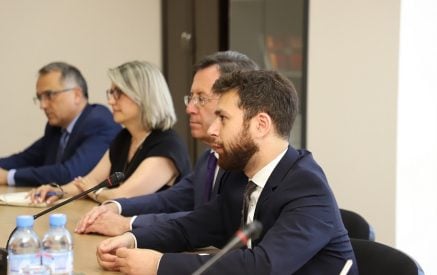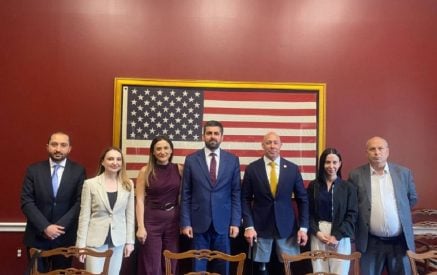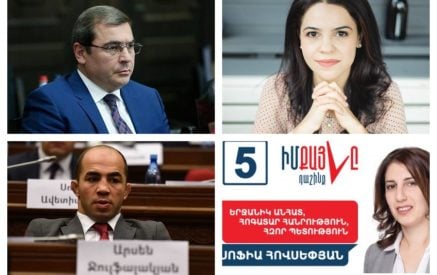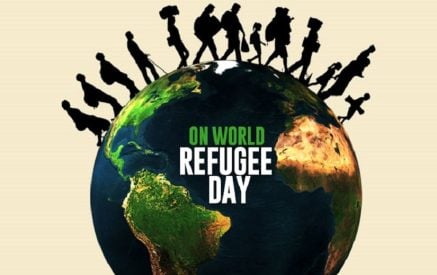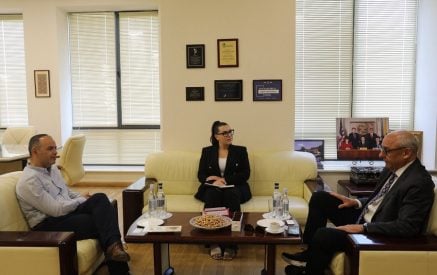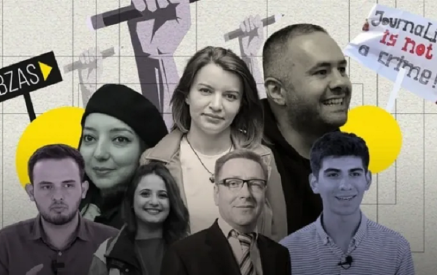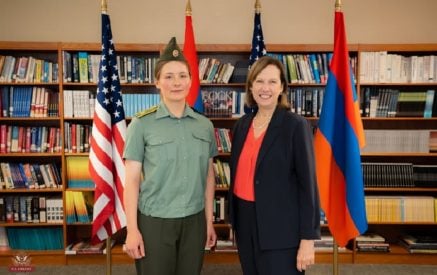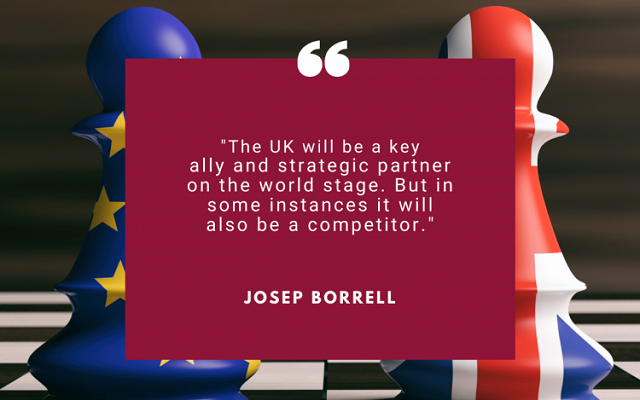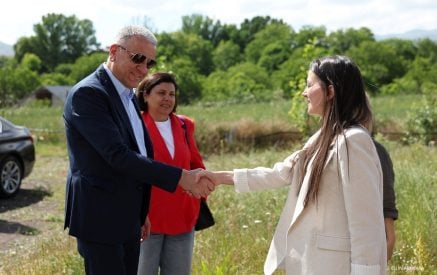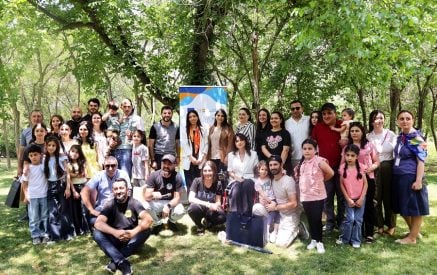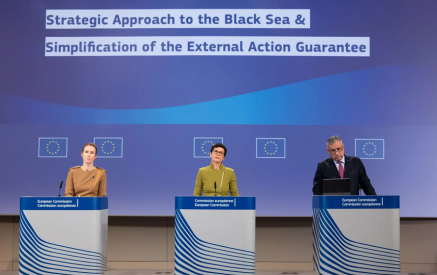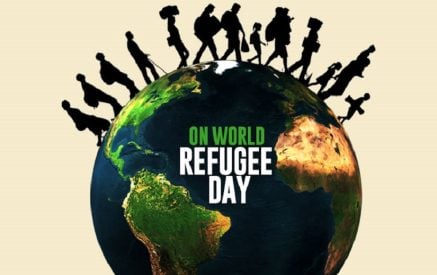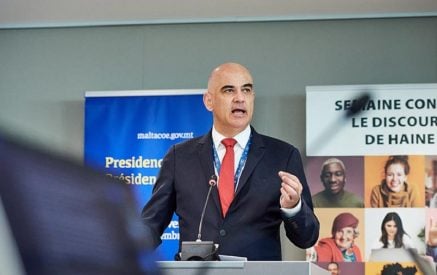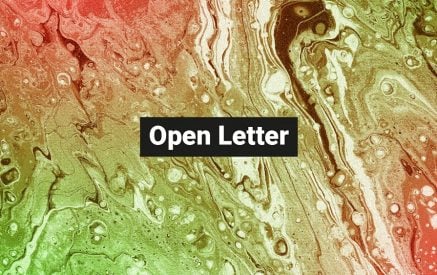From the blog by EU High Representative Josep Borrell- On 1 January 2021, Brexit took full effect, with the UK becoming a ‘third country’. While the public debate has focused on the economic fallout, we also need to decide how the EU and the UK can cooperate on foreign and security policy. On 25 January, EU Foreign Ministers discussed the issue, giving their guidance, with EU unity and interests as the central thread.
Although the UK had already left the EU on 1 February 2020, de facto not much had changed during the so-called ‘transition phase’. We had intense negotiations, with no shortage of drama, which eventually led to a deal just before Christmas on the so-called Trade and Cooperation Agreement (TCA). This agreement is now the basis for EU-UK relations, pending ratification by member states and the European Parliament.
Since 1 January, there are headlines every day on what this all means, for importers and exporters, for fishermen and students, indeed for anyone in the EU who deals with the UK and vice versa. Inevitably, Brexit is affecting the deep ties that exist at so many levels between us. And while the economic aspects of Brexit tend to dominate the debate, there is another important question: how will the EU and the UK cooperate on foreign and security policy? What we can do together in a turbulent world? Building this type of cooperation will not happen by itself, nor is it an easy task. So, I was pleased to discuss with EU Foreign Ministers how best to approach this new phase.
“With Brexit, nothing gets easier and a lot gets more complicated. How much more complicated depends on the choices that both sides will make.”
It is clear that the UK has lost the ‘multiplier effect’ of EU membership and that it faces a diminished international stature. In turn, the EU has lost UK assets: its permanent seat on the UN Security Council; its security and defence capabilities and its global outlook and diplomatic heft. With Brexit, nothing gets easier and a lot gets more complicated. How much more complicated depends on the choices that both sides will make.
Read also
Unfortunately, the UK side decided to forego a structured, legally binding framework of cooperation on foreign and security policy, as the EU had proposed. Still, we don’t start from zero as the TCA contains provisions on human rights, climate change, disarmament and non-proliferation, counter-terrorism and cybersecurity. These elements give us a basis to start dialogues and cooperate with the UK in those areas.
In areas such as sanctions, crisis management operations and capabilities, positions in multilateral fora, aid spending or consular protection and more, both sides should be able to work together, as mutual interests are at play. Indeed, there was good ad-hoc cooperation during the transition phase on the pandemic and its fallout. So where there is a need, I am convinced the path will be found.
Politically, the current UK government is determined to ‘make a success of Brexit’ and act under the rubric of ‘Global Britain’. Later this year, an Integrated Review of Security, Defence, Development and Foreign Policy should give substance to this phrase and spell out how to link means and ends. We can already expect the UK to prioritise using its seats in key organisations and platforms, namely the UN Security Council, the G7 (which is chairs this year) and G20, NATO, the ‘Five Eyes’ intelligence sharing club, as well as the chairmanship of the COP26 climate summit. When it comes to Europe, it will want to maintain close ties with European partners but perhaps opt for bilateral or minilateral channels to advance issue-specific approaches.
“The UK will be a key ally and strategic partner on the world stage. But in some instances it will also be an assertive competitor.”
On substance, we count on the UK to continue to share our main interests and values. This is true at the macro-level of promoting the ‘rules-based global order’ and protecting open, democratic societies, but also in concrete policy areas such as climate, development and many regional files. In some specific cases, the UK may want to diverge, putting its own accents, and we will have to manage these cases pragmatically. In short, the UK will be a key ally and strategic partner on the world stage. But in some instances it will also be an assertive competitor.
Where do we go from here?
At last Monday’s Foreign Affairs Council (FAC) there was widespread support for a constructive and prudent approach with EU interests and unity as the guiding principles. Protecting this unity was a key achievement during the negotiations led by Michel Barnier. Also in the coming years, this will require discipline from member states when the UK will approach them, as it probably will.
For the legitimacy and success of EU foreign policy, the autonomy of the EU decision-making system must be protected. At the FAC, all Foreign Ministers subscribed to this view. They warned against cherry-picking and pointed to the risks of the ‘bilateralisation’ of relations.
It is understandable for member states to get together in different configurations and informal sub-groups to facilitate the convergence of positions. But meetings of smaller groups do need careful handling, especially if they bring together the more powerful ones (such as the E3 or Quints and Quads). Minister agreed that the EU, on the basis of unity, should pursue synergies whenever EU and UK objectives converge.
“We cannot accept the UK’s recent decision not to treat the EU Ambassador to London with the normal diplomatic privileges. It goes against the UK’s own rhetoric of seeking a relationship as ‘sovereign equals’.”
We also agreed that mutual respect was essential for relations to develop constructively. That is why we cannot accept the UK’s recent decision not to treat the EU Ambassador to London with the normal diplomatic privileges. It goes against the UK’s own rhetoric of seeking a relationship as ‘sovereign equals’. Besides, the UK itself supported that the EU Delegations have full diplomatic status when it was still an EU member. So we do not ask for something new, nor do we ask for special treatment. Indeed, 143 other countries where the EU has a Delegation do not share the UK position.
For these reasons, I remarked to the press that we consider this decision, the first signal that the UK sent us after leaving the EU, as not a friendly one. As also my colleague Maros Sefcovic said(link is external): we expect the UK to confirm as soon as soon as possible that it will grant our diplomats in London the status they need to do their job. So that we can focus our combined energies not on process issues but on devising substantive collaboration regarding pressing global problems.
In the coming weeks and months, I will do my best to develop a constructive EU-UK partnership on foreign and security policy, mindful of preserving EU interests and unity.
I remain convinced that on the big issues, we ought to operate in lockstep: protecting European and global security, defending open societies and tackling the climate crisis. As EU, we are ready to do our part and we count on good old British pragmatism to allow this global partnership to grow.
European Union


